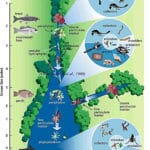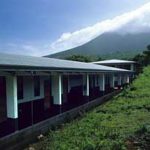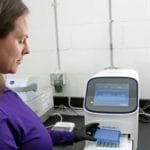Moving Freshwater Science Forward
Our efforts at Stroud™ Water Research Center require intellectual curiosity, a systematic and rigorous approach to scientific research, and the drive to answer a series of challenging questions about freshwater ecosystems. The answers to these questions may take decades to fully understand, but it is critical that we persist, as they have the power to influence others in ways that positively affect the world’s finite supply of clean fresh water.
Recent Publications
Xia, J., H. Hu, X. Gao, J. Kan, Y. Gao, and J. Li. 2024. Biology 13(7), 550.
Deep metagenomic sequencing unveils novel SAR202 lineages and their vertical adaptation in the ocean
He, C., D. Fucich, A. Sosa, H. Wang, J. Kan, J. Liu, Y. Xu, N. Jiao, M. Gonsior, and F. Chen. 2024. Communications Biology 7, 853.
To achieve the Clean Water Act’s goals, prioritize upstream ecology
Ensign, S.H., D.B. Arscott, M. Daniels, C. Dow, J.K. Jackson, D. Oviedo-Vargas, and M. Peipoch. 2024. Water Resources IMPACT 26(3): 19–21.
Freshwater Research News
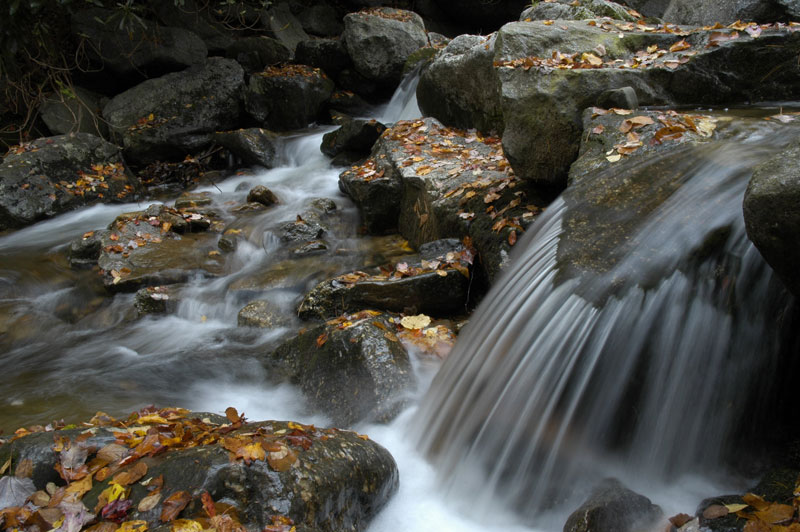
NSF Funds Study of Landscape Restoration Effects on Stream
A study of the long-term impacts on streams after landscape restoration has never been done before. The grant will provide the needed funding to do so.
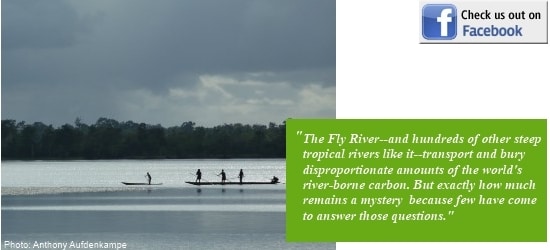
UpStream Newsletter, Winter 2011
Stroud Center scientists think Papua New Guinea might be more important in terms of carbon and sediment discharge than the entire Amazon River.
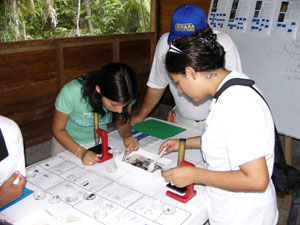
Expanding the Leaf Pack Network® to South and Central America
The goal is to create a conservation ethic that integrates ordinary people into the decision-making process by putting simple assessment tools into their hands.
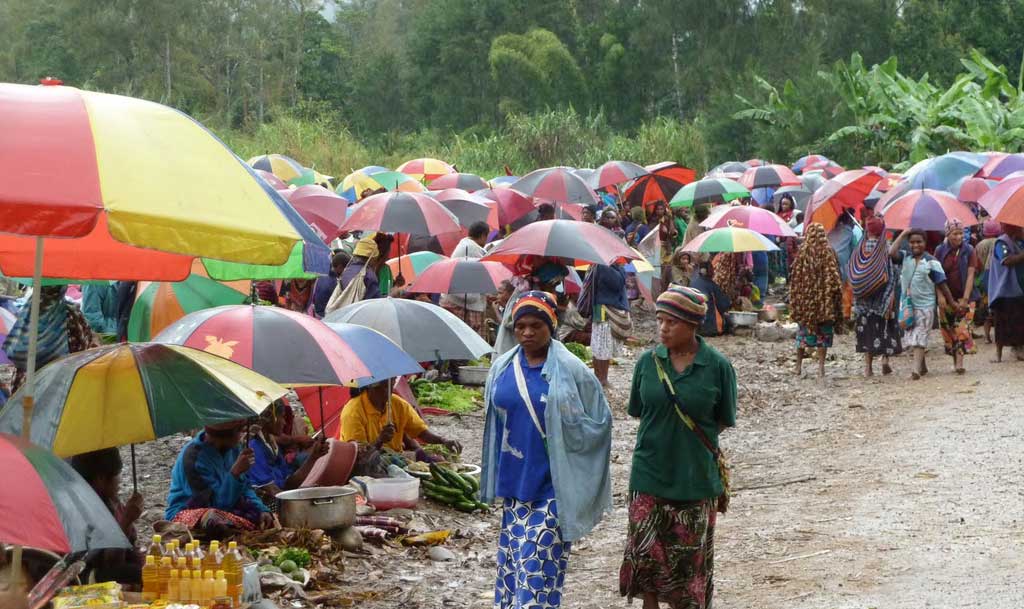
Pursuing Science Half a World Away: The Fly River in Papua New Guinea
First article in a series about an international team of scientists following the transformation of river-borne carbon from the sources of the Fly River in Papua New Guinea to its

Chester County’s Share: $4 Million For Environmental Projects
October 6, 2010, Daily Local News: Federal stimulus funds are funding basic research on several factors that influence the health of streams.

UpStream Newsletter, Summer 2010
The Stroud Center has been recording daily, monthly, seasonal, annual — and even multiyear data — in Costa Rica to gain insights on climate change.

